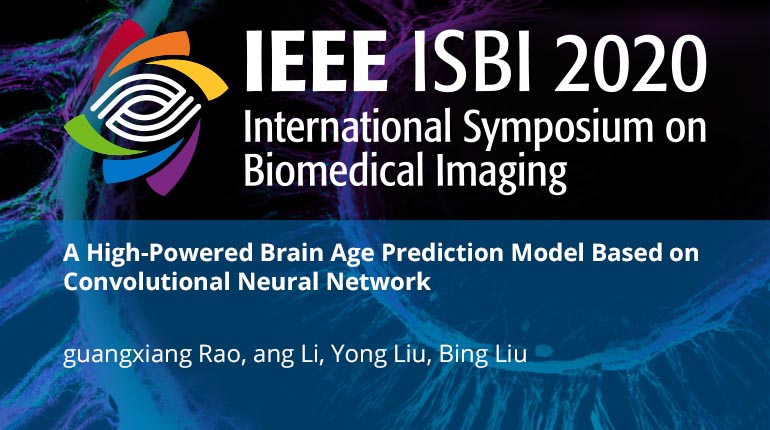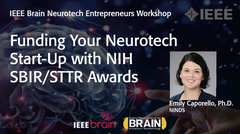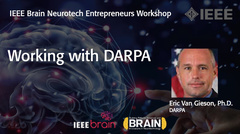
Already purchased this program?
Login to View
This video program is a part of the Premium package:
A High-Powered Brain Age Prediction Model Based on Convolutional Neural Network
- IEEE MemberUS $11.00
- Society MemberUS $0.00
- IEEE Student MemberUS $11.00
- Non-IEEE MemberUS $15.00
A High-Powered Brain Age Prediction Model Based on Convolutional Neural Network
Predicting individual chronological age based on neuroimaging data is very promising and important for understanding the trajectory of normal brain development. In this work, we proposed a new model to predict brain age ranging from 12 to 30 years old, based on structural magnetic resonance imaging and a deep learning approach with reduced model complexity and computational cost. We found that this model can predict brain age accurately not only in the training set (N = 1721, mean absolute error is 1.89 in 10-fold cross validation) but in an independent validation set (N = 226, mean absolute error is 1.96), substantially outperforming the previous published models. Given the considerable accuracy and generalizability, it is promising to further deploy our model in the clinic and help to investigate the pathophysiology of neurodevelopmental disorders.
Predicting individual chronological age based on neuroimaging data is very promising and important for understanding the trajectory of normal brain development. In this work, we proposed a new model to predict brain age ranging from 12 to 30 years old, based on structural magnetic resonance imaging and a deep learning approach with reduced model complexity and computational cost. We found that this model can predict brain age accurately not only in the training set (N = 1721, mean absolute error is 1.89 in 10-fold cross validation) but in an independent validation set (N = 226, mean absolute error is 1.96), substantially outperforming the previous published models. Given the considerable accuracy and generalizability, it is promising to further deploy our model in the clinic and help to investigate the pathophysiology of neurodevelopmental disorders.
 Cart
Cart Create Account
Create Account Sign In
Sign In





